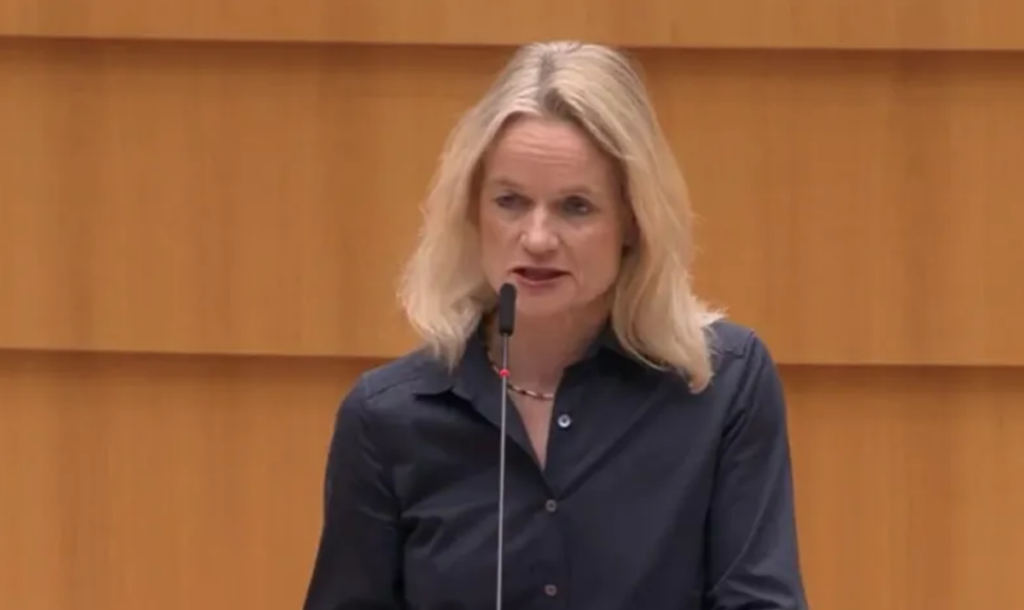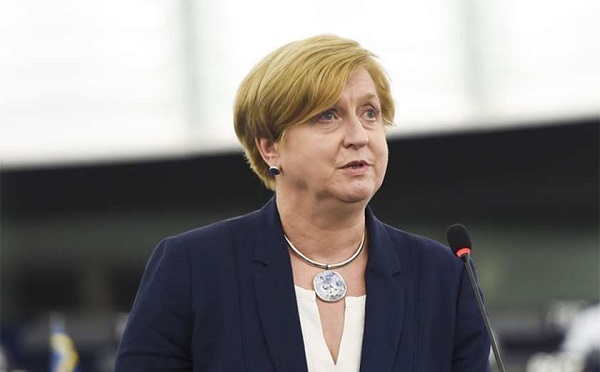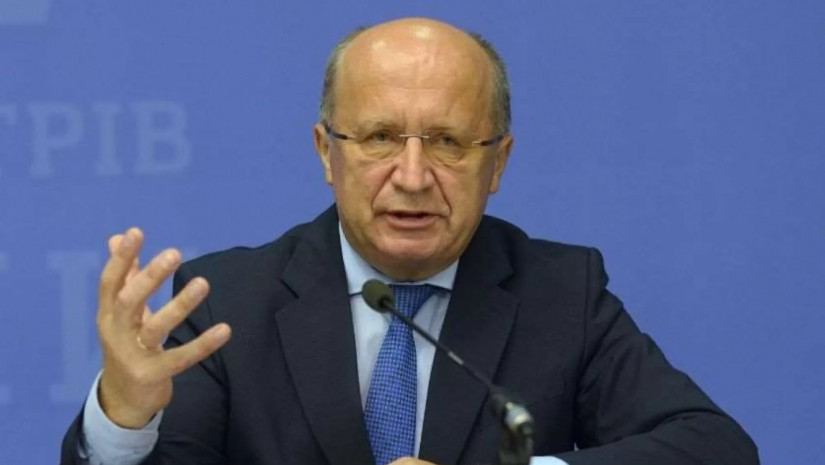Debate on Georgia in the European Parliament
Debate on Georgia in EU
There was a debate about Georgia in the European Parliament, in which most deputies who spoke criticized Bidzina Ivanishvili and the ruling Georgian Dream party. European Commissioner for European Neighborhood Policy and Enlargement Oliver Varhy:
"Across the country, men and women took to the streets and waved the EU flag to show Georgia's aspirations to join the European Union. After these demonstrations, the ruling party announced that it was withdrawing the law; this is a really positive sign, and I want to say that Georgians have a future in the European Union." He also talked about the health of Mikheil Saakashvili and noted that "the government of Georgia is obliged to fully guarantee the rights of Saakashvili as a prisoner and former president of the country."
MEP Viola von Cramon reacted to the anti-Western rhetoric of the Georgian Dream, including the accusations of corruption made by Garibashvili:
"None of us is interested in dragging Georgia into the war. These and other accusations are clearly aimed at discrediting the European Parliament, delegitimizing our work; not a single member of our group received money. Such things do not bring us together, all this drama and spectacle around the law on foreign agents has a Soviet spirit and Soviet type, and now the accusations are against both us personally and against EU institutions, it does not facilitate future cooperation."
According to her, the European aspiration of the Georgian people cannot be suppressed with water cannon: "Violence is useless against people who are fighting for freedom. We saw how the government put one oligarch and the Kremlin before the will of the people, but nevertheless the Georgian people took to the streets in protest, and the Georgian people deserve EU membership, although their government does not."
 Viola von Cramon
Viola von CramonMEP Anna Fotiga:
"I would like to recall the example of Moldova, when there was enormous pressure from the European Parliament and in the end we won: the oligarch Plahotniuc, who had a very bad influence on the internal situation of Moldova, was removed from the political scene. I am absolutely sure that the same will happen with Bidzina Ivanishvili, who is now being associated with the pro-Russian orientation of Georgia."
 Anna Fotiga
Anna FotigaMember of the European Parliament Petras Ostrevicius said that pressure must be put on the government and Ivanishvili: "In our resolution, which we adopted a month ago, we demanded the imposition of sanctions on Bidzina Ivanishvili.
This has been very clearly stated, so now it has to be carried out by the European institutions. We can put this question to the President of the European Commission, Ursula von der Leyen. Is she ready to tackle this issue?
We are probably at the point where we can clearly say whether we are ready for it or not."
Follow us - Twitter | Facebook | Instagram According to Andrius Kubilius, there are many problems on Georgia's way to the European Union, and one of them is Bidzina Ivanishvili: "We know how great Georgia's desire to become a member of the European Union is, but today there are many problems on the way, and the name of one of these problems is Bidzina Ivanishvili.
However, we see that the government creates more and more problems along the way, which is why Mikheil Saakashvili and Nika Gvaramia are still in prison, why the government tried to pass a law on foreign agents, and these are steps taken against the will of the Georgian people. It is necessary to depolarize political life. The Georgian people should be able to defend their European aspirations; this is not the last provocation by the government."
 Andrius Kubilius
Andrius KubiliusOn March 7, the bill "On Transparency of Foreign Influence" was adopted by the parliament in the first reading by 76 votes against 13.
Then, according to the procedure, both bills were sent to the Venice Commission. The process was accompanied by rallies on Rustaveli Avenue in Tbilisi. After the adoption of the bill in the first reading, the protest swelled to many thousands.
Authorities twice dispersed tens of thousands of people with tear gas and water cannons. All organizations and politicians, both in Georgia and abroad, call this bill a Russian model and say that its adoption will be a huge obstacle for the country on its way to the European Union. Then on March 9, the ruling party said it was withdrawing the bill.
On March 10, during the second reading in Parliament, the majority voted to reject it. This time 35 deputies voted against, one supported. One of the authors of the bill, Dmitry Khundadze, said that by not adopting this law, Georgian society "missed an opportunity."
The parliamentary majority rejected the widely-abhorred "Russian law" on foreign agents in its second reading.
Dmitry Khundadze, one of the authors of the bill, says that by not passing this law, society "missed an opportunity." On the morning of March 9, the ruling Georgian Dream party announced the withdrawal of the Russian draft law on the transparency of foreign influence.